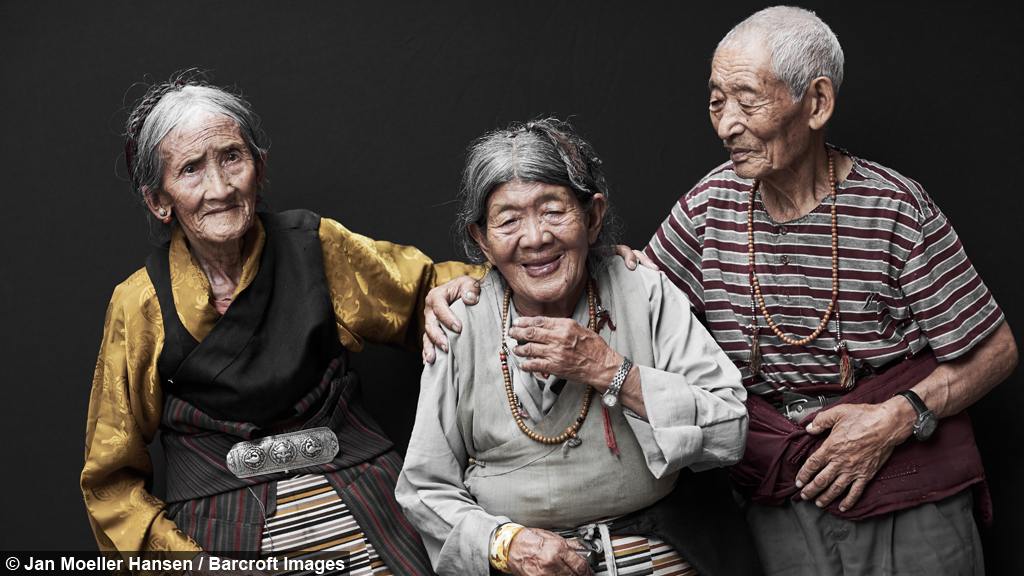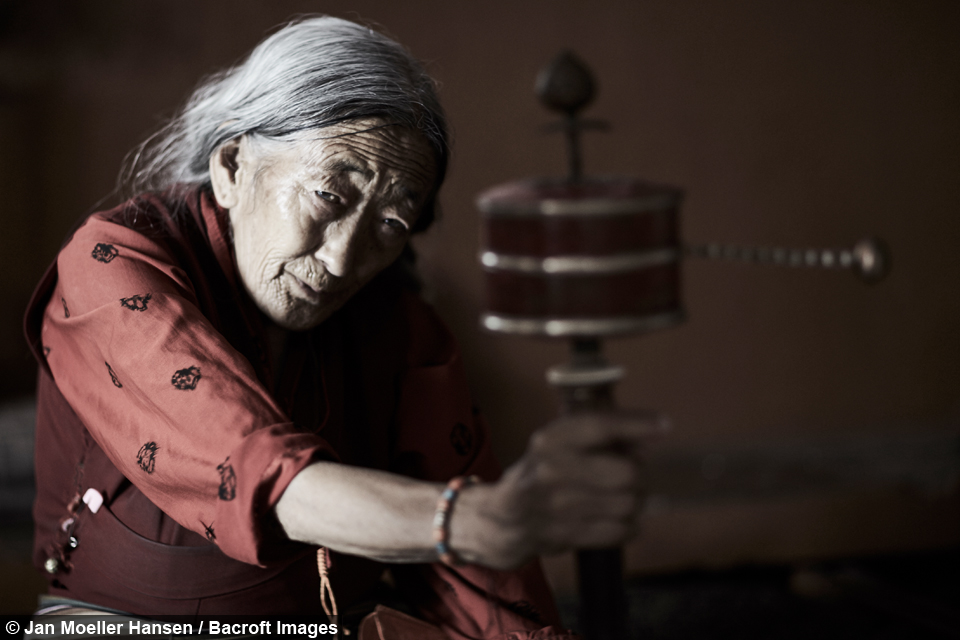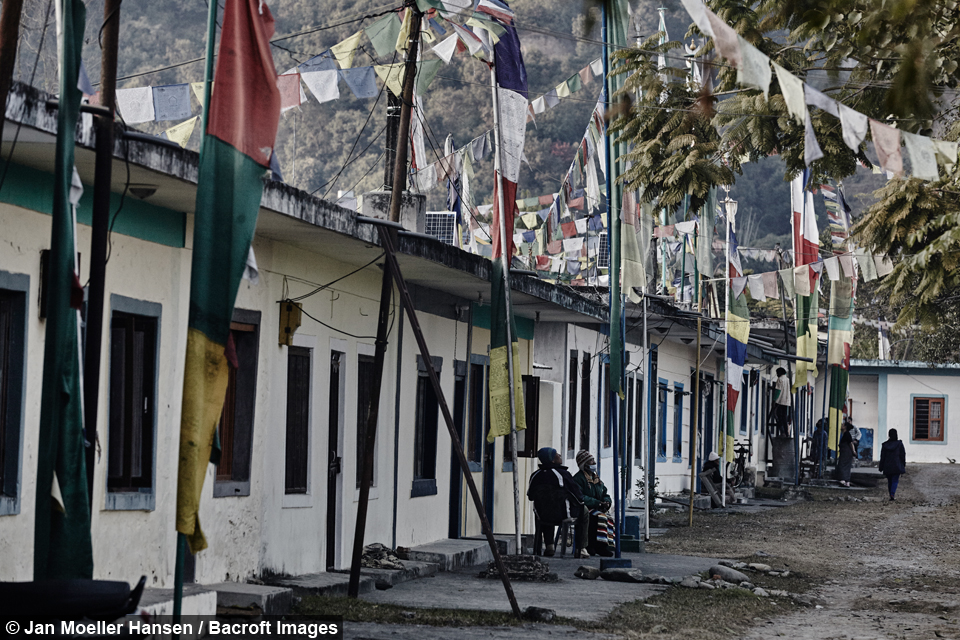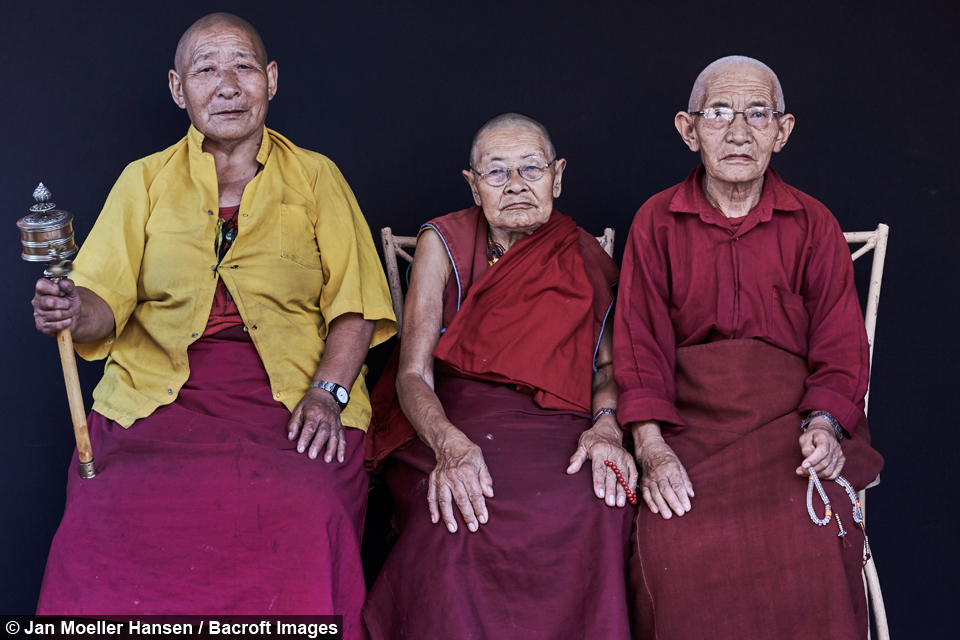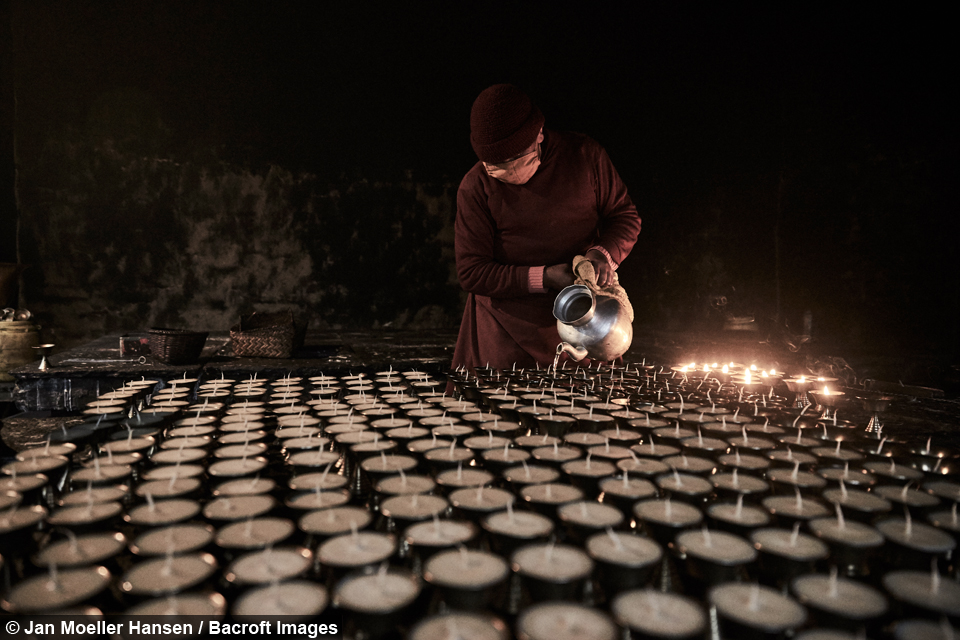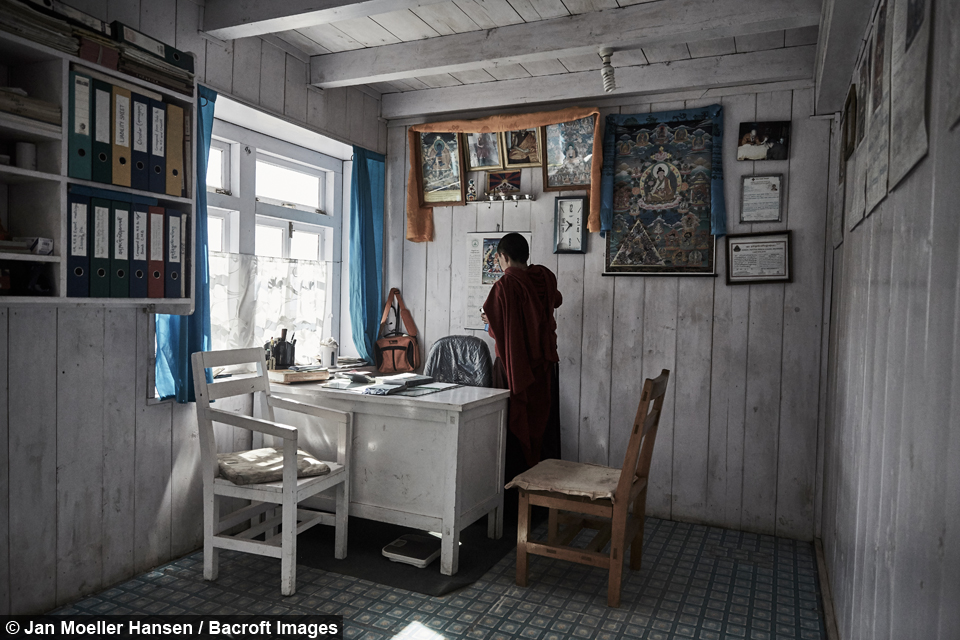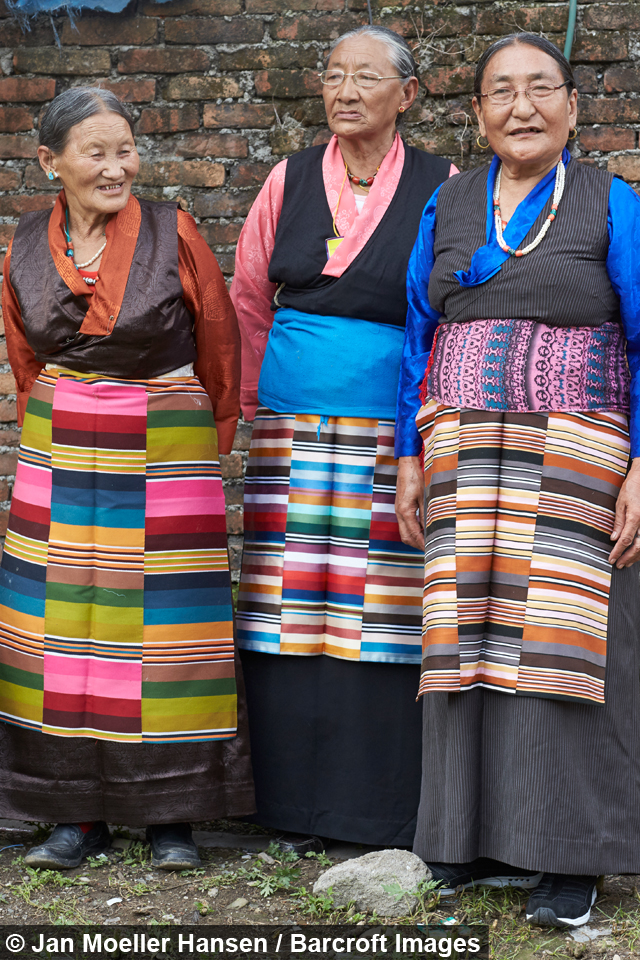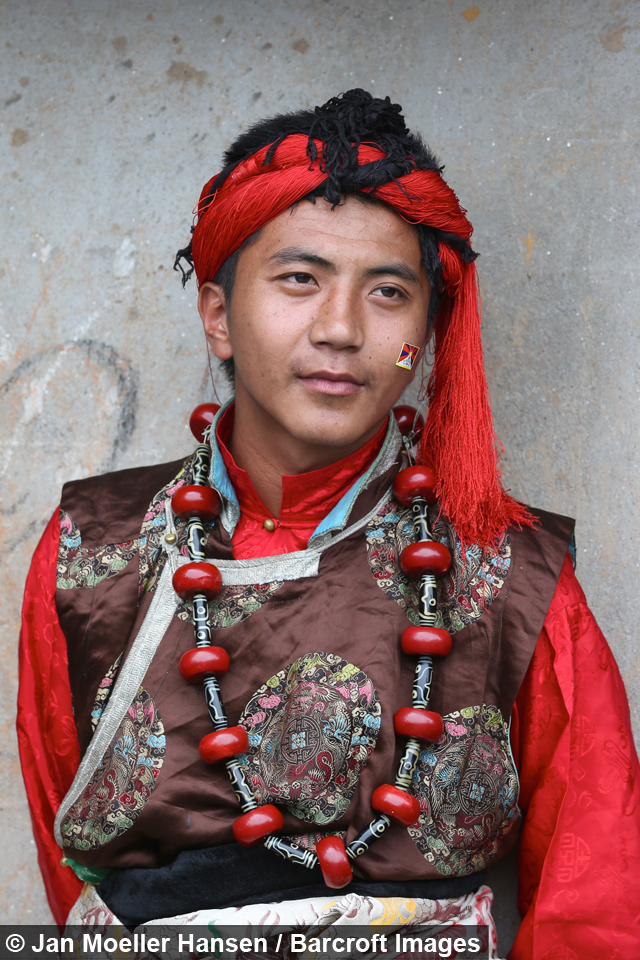Inside The Lives Of Tibetan Refugees
By Crystal Chung @crystalkchung
Scroll down for the full story
Jan Moeller Hansen travelled from Denmark to Nepal to showcase the Tibetan people's distinct and unique culture and to remind others of their refugee background.
Jan, who travelled around Nepal from 2013 to 2016, said: “Few countries in the world have so many different faces as Nepal.
“Nepal is an ethnic, social and cultural melting pot, and the Tibetans have for centuries contributed significantly to the cultural and economic development of Nepal.
“The Tibetans have a very distinct and unique culture based on Mahayana and Tantric Buddhism, which has formed over centuries by the remote and inaccessible living conditions on the Tibetan plateau surrounded by the Himalayan mountains.
Tibetan refugees are extremely passionate about their homeland, culture and freedom – making it even harder for the many families that were forced to flee the country when the Chinese military invaded and took control of Tibet in 1950.
The 52-year-old photographer said: “Since the Chinese went into Tibet, the Tibetan refugees have not been able to return to their homeland, and they are not regarded and recognised as citizens of Nepal either.
"After nearly 70 years, they are still living as refugees and remain largely stateless.
“The Tibetan refugees are peaceful people, who do not create conflict and do no harm to society. On the contrary, they contribute a lot to the local businesses if they are allowed to, and are an important part of the diverse and colourful cultural mix of Nepal.”
Until 2008, over 128,000 Tibetans had made it through the incredibly dangerous crossing over the Himalayas, and more than 20,000 are currently living in Nepal as refugees.
However, after several protests in Tibet in 2008, China cracked down on Tibetans traveling and severely tightened the borders.
Photographer Jan believes strongly that Tibetan refugees should have rights like others in Nepalese society.
He said: “I just hope that one day, the Tibetan refugees in Nepal will receive the right attention and be recognised as citizens of the country where they have lived for decades now.”
